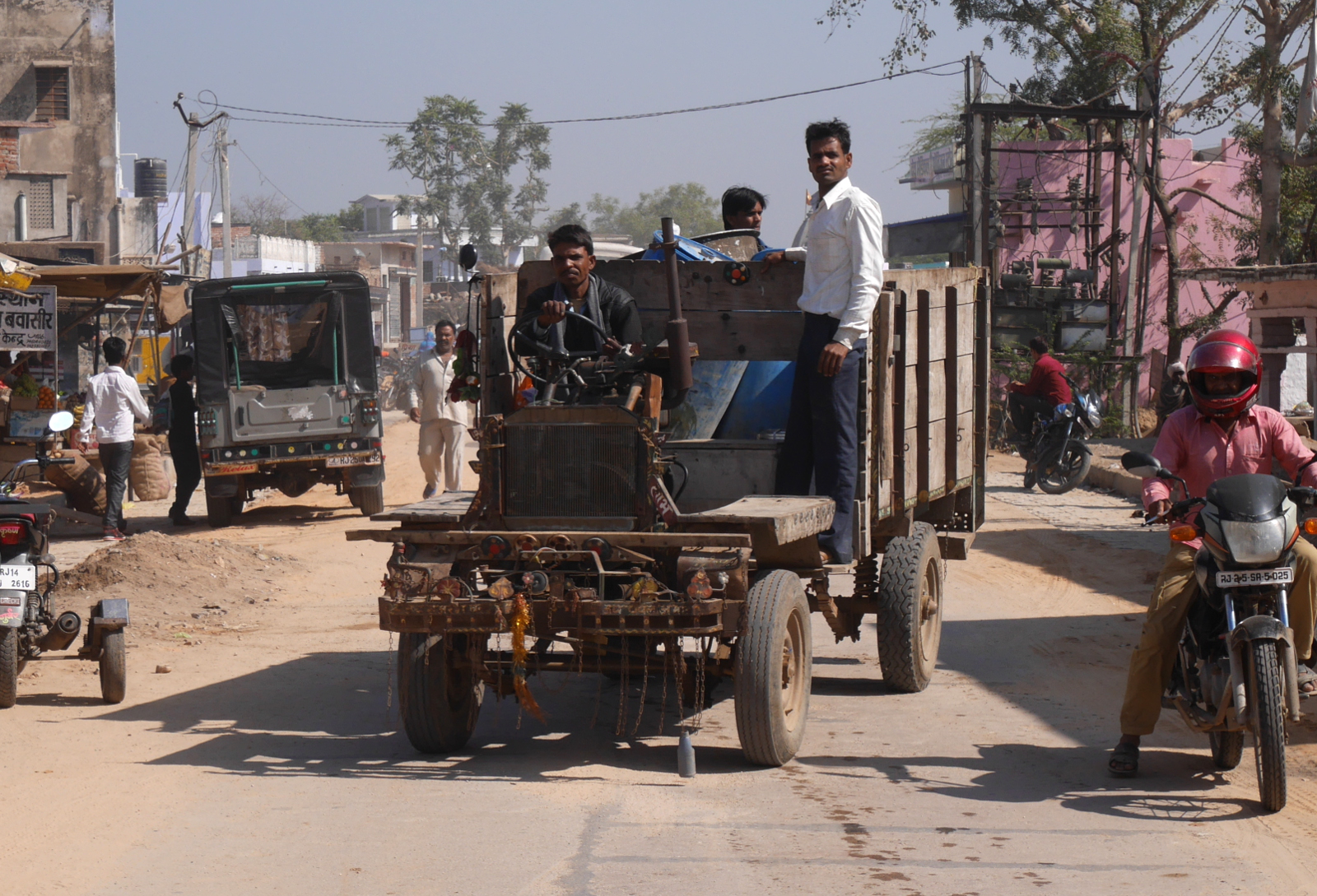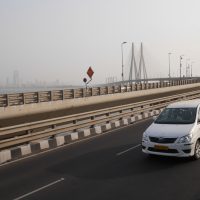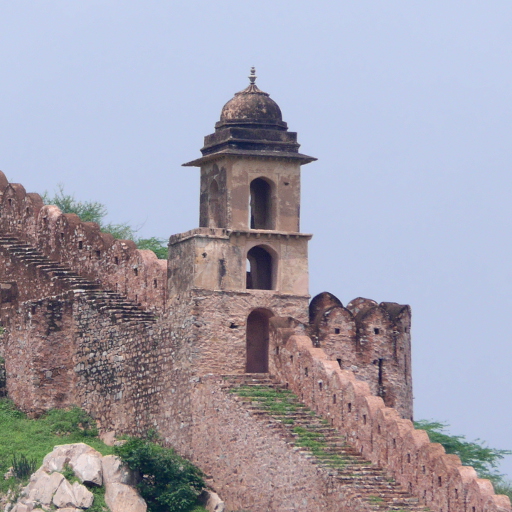The word “jugaad” has several meanings in the Hindi language. In some contexts, the word can mean informal or improvised repair of something. Another meaning of the word is the use of some object in a manner that the creators did not intend. When a mechanic uses shampoo in place of brake fluid, he is performing jugaad. When mustard oil cans are flattened out and shaped into the door of a hut, this too is jugaad.
In eastern Rajasthan and western Uttar Pradesh, “jugaad” has an additional definition: trucks that are produced by local craftsmen in village and town workshops, not in factories.
Jugaads do not have automobile engines. Instead, they use pumps, which were originally designed to draw water out of borewells to irrigate crops. The designers of the pumps did not intend for their products to be used in automobiles. But just as these pumps can draw water out of wells, they can also drive a vehicle.
I recently got the chance to take a close look at one of these pumps in its natural habitat, when I visited some friends’ village near the border of Rajasthan and Uttar Pradesh. My friends took me to their fields outside of the village and showed me their pump, which was situated in the corner of a wheatfield. The pump did not have a starter motor; it was started by a hand crank that was stashed under some bushes. Once the pump started running, it began to shoot out a stream of clear, cool ground-water. It also produced a foul-smelling cloud of diesel fumes.
In addition to the pump-engines, jugaads are made of other parts gathered from various sources, including wheels, a steering wheel, and a radiator. Jugaads usually do not have any headlights or signaling lights. They never have license plates or registration papers. Since they are unregistered, the government cannot collect taxes on them. But even though they are unregistered, the government is aware of them, and has made laws about them on a district by district basis. Unregistered vehicles are technically illegal, but several district governments have decided that since jugaads are important in the agrarian economy of the district, jugaad production and use shall continue unimpeded. In eastern Rajasthan’s Dausa, Karauli, and Sawai Madhopur districts, jugaads are a common sight. They are especially evident in towns where farmers use them to bring their crops to market.
In other districts, jugaads nowhere to be seen. I have heard that they were banned in Bharatpur district two or three years ago after a jugaad crashed into a school bus, killing several children. The district council then understandably decided to ban jugaads for safety reasons. Jugaads are also rare sights in Jaipur district, and I have never seen even a single jugaad in Jaipur city. A co-passenger on a bus from Bharatpur to Jaipur once told me that there are no jugaads in Jaipur because the city government has banned them since their pump-engines produce so much pollution. As interesting as I find jugaads, I am glad they are not in Jaipur. The city’s traffic is bad enough with all of its cars, trucks, buses, rickshaws, and especially motorcycles, not to mention bicycles and camel-carts.
(For a more detailed analysis of the multiple meanings of “jugaad,” please see my post “The Mystique of Jugaad.”)






Leave a Reply